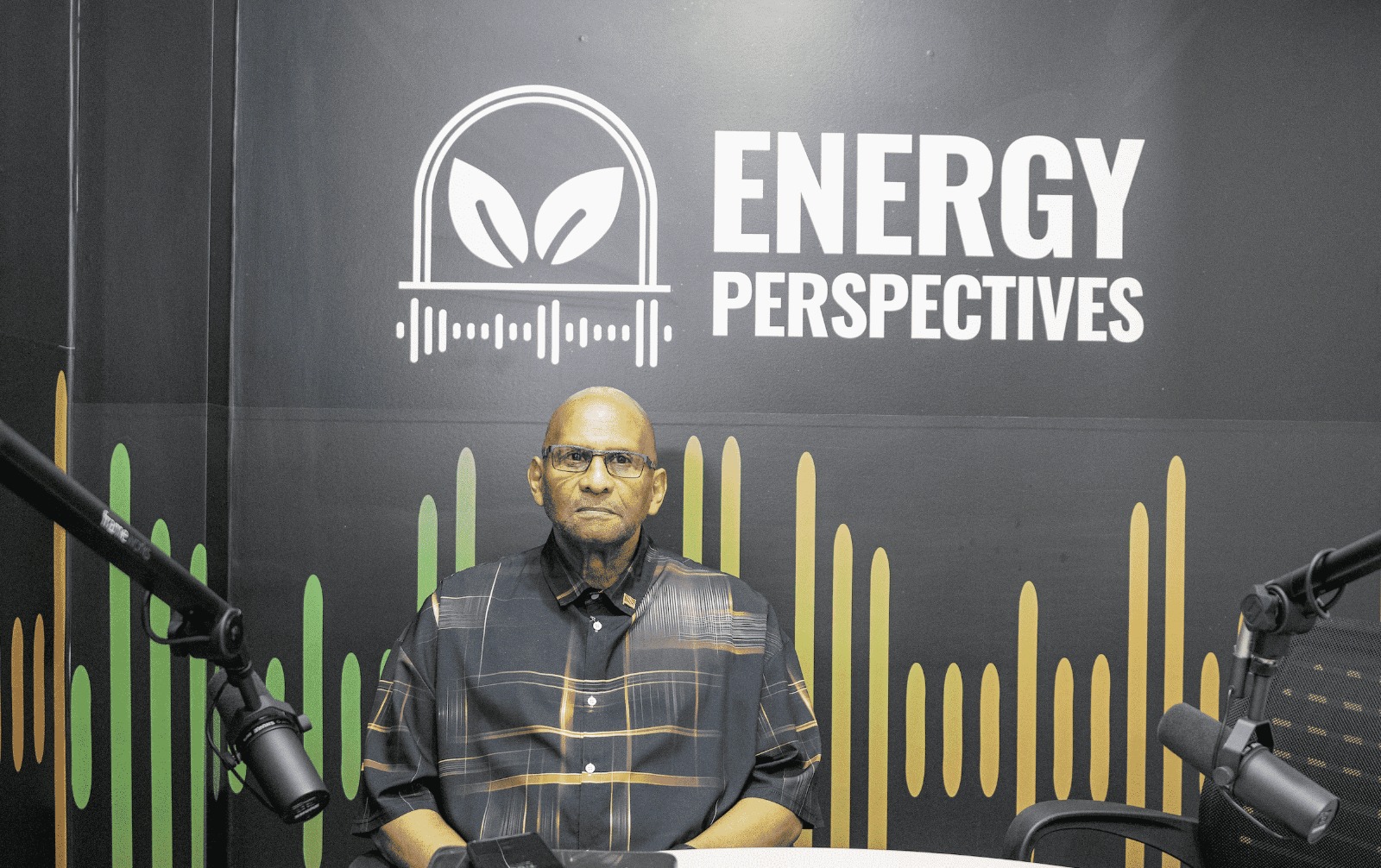
By Kiana Wilburg
CEO, Guyana Energy Conference & Supply Chain Expo
As Guyana’s economic growth continues to move forward at a rapid pace, its regulators face a precarious tightrope. It is one that entails walking the fine line of balancing plans for diversification and human development. However, with careful policymaking, robust institutions, and regional collaboration, the country can avoid many of the pitfalls that have befallen other oil-rich nations.
This was one of the key messages offered by High Commissioner of the Republic of Trinidad and Tobago to Guyana, Conrad Enill.
During an interview on the Energy Perspectives Podcast, powered by the Guyana Energy Conference and Supply Chain Expo, Enill offered crucial insights into the economic and social challenges that come with managing oil wealth and provided a roadmap for how Guyana might navigate its unprecedented growth.
Enill, drawing from his country’s century-long experience in the energy sector, emphasized that while oil wealth has the potential to transform a nation, it can also create significant imbalances if not managed carefully. One of the primary issues, he noted, is that countries often focus on rapid infrastructure development—building roads, ports, and schools—without ensuring that the people benefit from this growth.
“You may not see directly an increase in people’s standard of living simply because what is required in the system, the country has not yet developed,” Enill explained.
This challenge is not unique to Guyana. Many oil-producing nations, including Trinidad and Tobago, have faced this same tightrope. The nation may become richer on paper, but citizens often don’t feel the benefits quickly enough. In this scenario, the wealth generated from oil risks creating inequality, rather than lifting the entire population.
The Government of Guyana, under the leadership of the People’s Progressive Party/Civic (PPP/C), has actively acknowledged the necessity of translating economic growth into tangible human development. Over the past four years, the administration has focused on ensuring that the nation’s wealth directly benefits its citizens through thoughtful policy interventions.
This recognition is evident in the $195 billion funneled back into the economy through measures designed to increase disposable income, reduce the cost of living, and stimulate growth in key sectors such as housing, education, and healthcare.
Since taking office in 2020, the PPP/C Government has implemented a range of measures aimed at improving the financial well-being of its people. These policies, including the removal of VAT on essential services like electricity and water, the provision of COVID-19 relief grants, and significant reductions in excise taxes on fuel and import duties, have provided much-needed financial relief.
By focusing on both short-term economic support and long-term growth, the government has ensured that over $200 billion has returned to the pockets of Guyanese citizens, reinforcing its commitment to human development alongside infrastructural progress.
CAPACITY BUILDING
Another essential component of Guyana’s success will be its ability to build institutional capacity. As Enill pointed out, Trinidad and Tobago’s direct involvement in its oil and gas sector has allowed it to develop skilled personnel and create institutions, capable of managing complex negotiations with multinational corporations.
In contrast, Guyana’s oil sector is currently dominated by multinational companies, with the government playing a robust regulatory role rather than being directly involved in production. To ensure long-term benefits, Enill stressed the need for Guyana to develop its own expertise in the oil industry. This includes training local professionals in regulatory oversight, financial management, and environmental sustainability, all of which are crucial as the industry becomes more sophisticated.
COLLABORATION
Enill was keen to note that while Trinidad and Tobago has more than a century’s worth of experience in oil and gas production, Guyana’s newfound reserves present an opportunity for both countries to complement each other’s strengths.
One area of potential collaboration is in knowledge and infrastructure sharing. Enill pointed out that Trinidad and Tobago has extensive energy infrastructure and a well-established state presence in the oil and gas sector through its National Gas Company.
Guyana, on the other hand, has vast oil reserves but is still building its institutional and infrastructural capacity. By combining their resources and expertise, the two nations could create a formidable energy coalition within the Caribbean.
On this front, Enill stressed that this collaboration would require careful negotiation. “In Trinidad, we negotiate state-to-state because we have ownership. In Guyana, the relationship is more aligned with regulatory oversight and creating an environment conducive to business, rather than direct ownership,” he said. Despite these differences, the High Commissioner said both countries share a commitment to environmental sustainability and regional energy security, making collaboration an enticing possibility.
